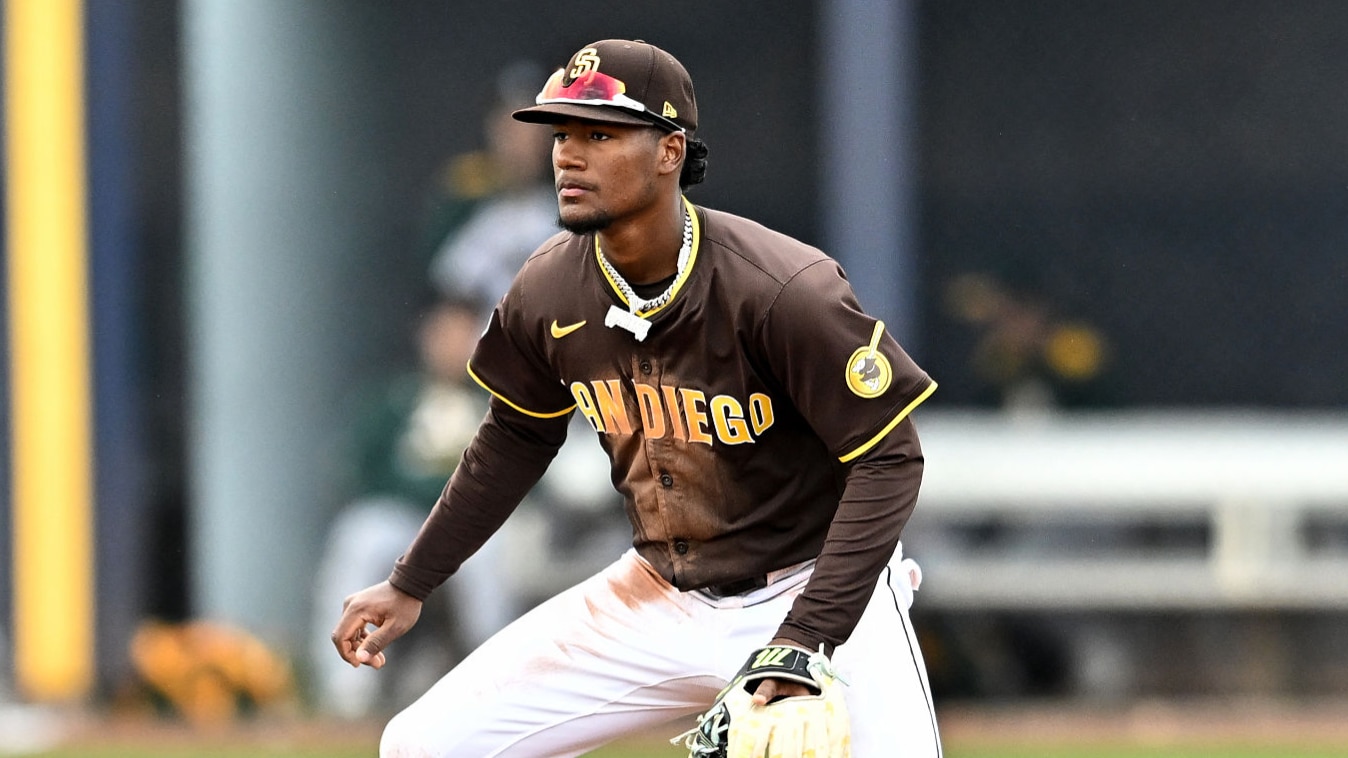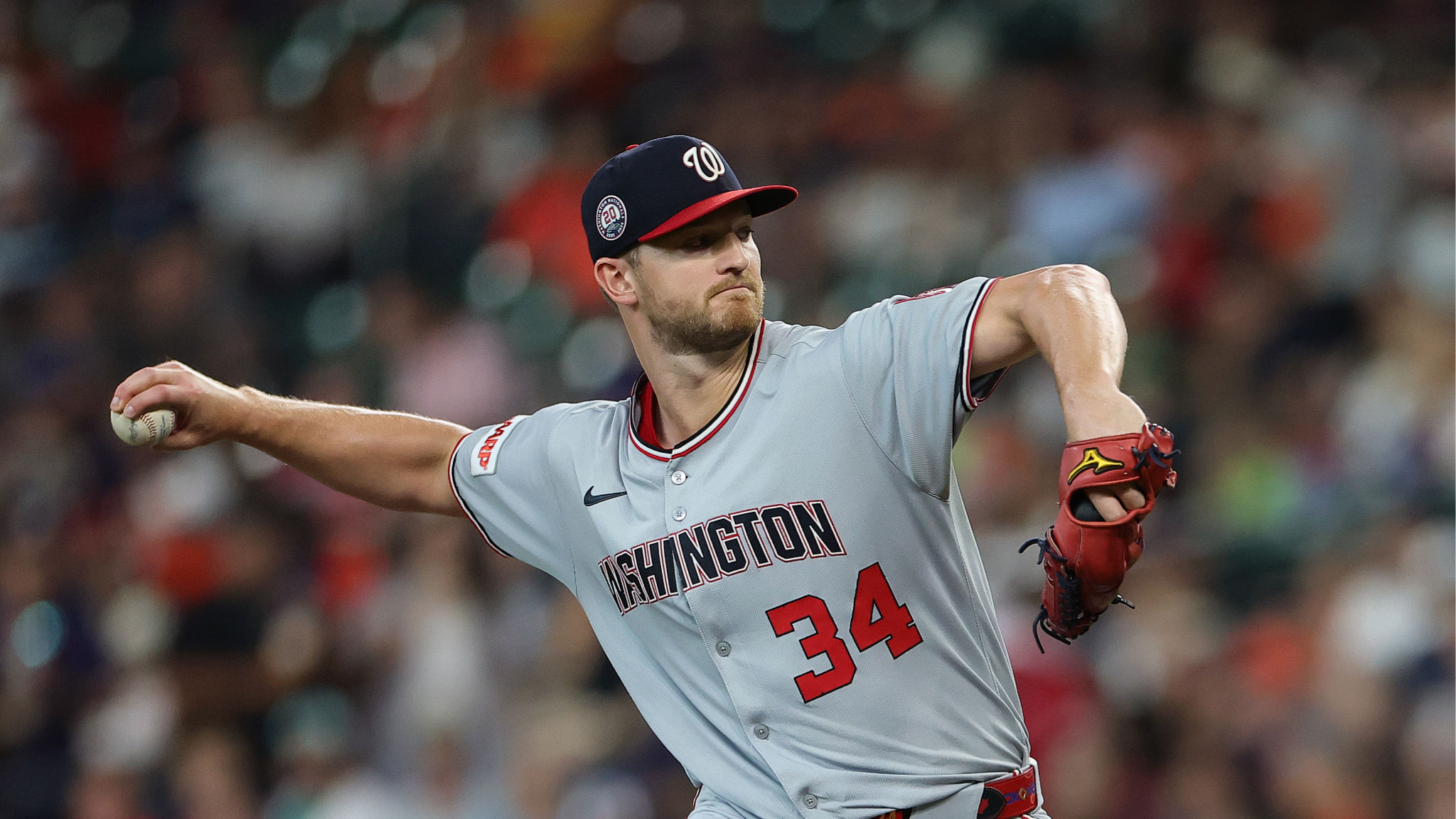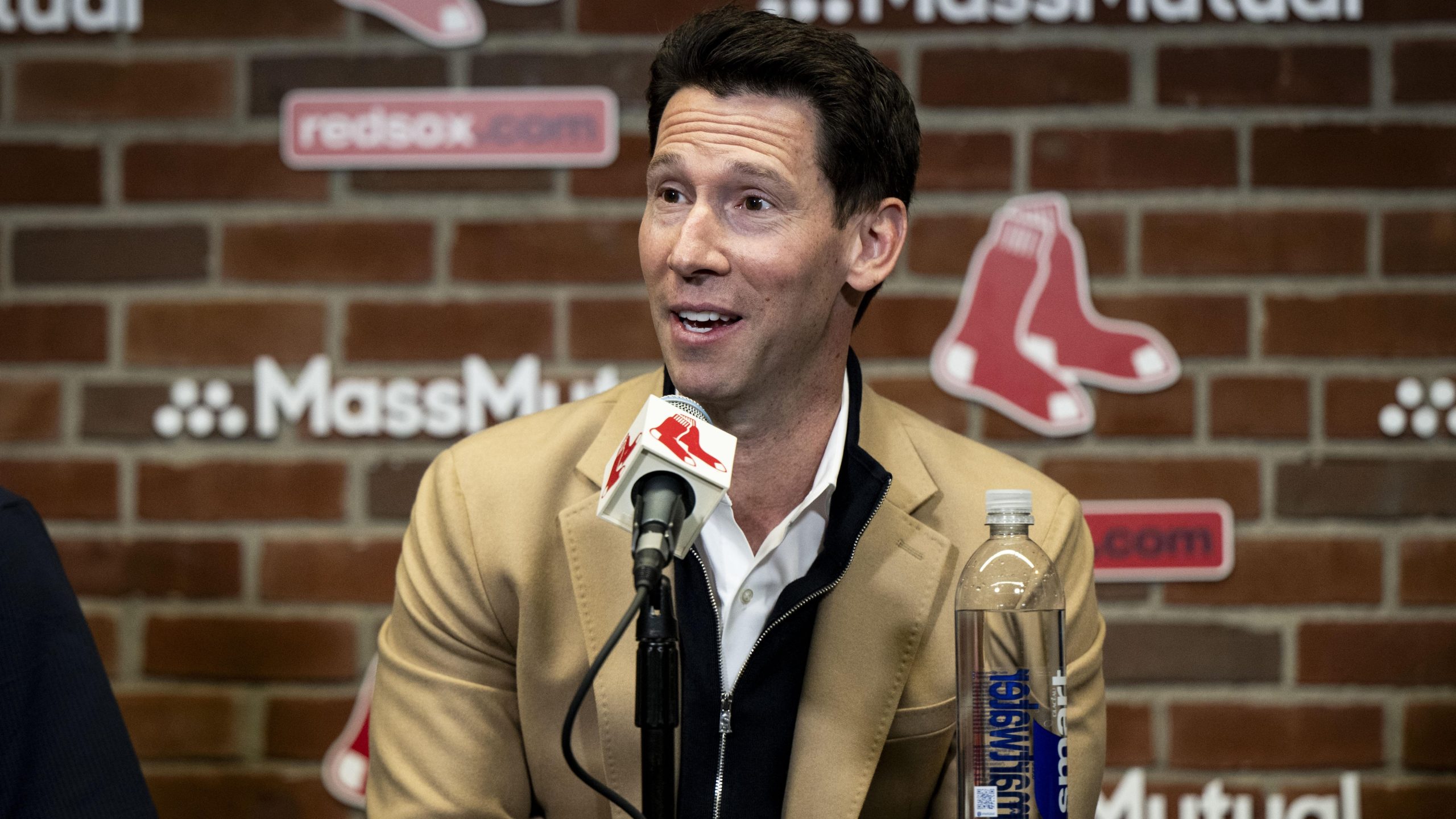Title: Bryce Harper’s Clash with MLB Commissioner Signals Tension Over Salary Cap Talks
In a recent encounter that sent ripples through the baseball world, MLB commissioner Rob Manfred addressed a reported confrontation with Philadelphia Phillies’ slugger Bryce Harper regarding discussions about a potential salary cap. The meeting, which took place during Manfred’s tour of all 30 MLB franchises, shed light on the underlying tensions between players and league officials as they navigate towards a new collective bargaining agreement set to expire in December 2026.
During the meeting, Harper, known for his outspoken nature, reportedly expressed his displeasure with Manfred’s discussion on MLB’s economic landscape. Despite Manfred not explicitly mentioning a salary cap, Harper’s frustration reached a boiling point, leading to a heated exchange where Harper urged the commissioner to leave the Phillies’ clubhouse if he intended to push for a salary cap.
Manfred, however, stood his ground, emphasizing the importance of addressing MLB’s financial matters. The intense exchange, as described by Phillies outfielder Nick Castellanos, highlighted the passion and firm stances held by both Harper and the commissioner, showcasing the complexities underlying player-league relations in the current baseball landscape.
While the individual dispute between Harper and Manfred may have settled, the broader conflict between the MLB Players Association and MLB regarding the salary cap issue looms large as negotiations for a new collective bargaining agreement unfold. The clash signifies a pivotal moment in baseball’s future, with implications that extend beyond mere player-commissioner interactions to the core of the sport’s financial framework.
As teams and players gear up for the upcoming seasons, the fallout from this encounter serves as a poignant reminder of the intricate dynamics at play within the realm of professional baseball. The ongoing dialogue surrounding the salary cap debate underscores the need for constructive engagement and mutual understanding between all stakeholders to ensure the long-term sustainability and prosperity of the sport.



Source: bleacherreport.com





